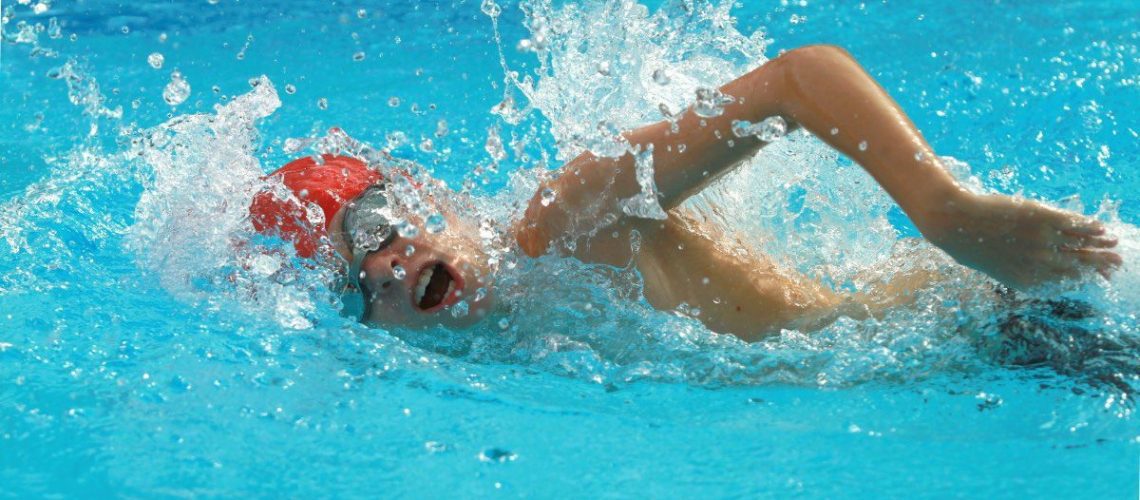Understanding Swimming Pool Water Quality Standards
Are you wondering how you can keep your pool safe and clean? According to the CDC, swimming is the fourth most popular sport in the country. With so many people interested in swimming it is important to maintain good swimming pool water quality standards.
So how do you maintain good water quality standards? Pool chlorine levels and pool ph can be confusing if you don’t know how to test your water. There are also different rules depending on whether your pool is public or residential.
Do you want to learn more about swimming pool water quality standards? Here is everything you need to know.
What are Swimming Pool Water Quality Standards?
To keep water safe and clean there are several water quality standards pool operators should adhere to. The government recommendations include chemical dosage and how often you should monitor the pool ph. Poor maintenance and low disinfectant levels could lead to illnesses such as diarrhea and respiratory issues.
The Centre for Disease Control and Prevention (CDC) also recommends that swimmers wash thoroughly before entering the pool. Private pool owners are encouraged to follow similar guidelines when operating their pools at home.
How to Maintain Swimming Pool Water Quality
Chlorine
Chlorine is the most common method of keeping swimming pool water quality high. Pool chlorine can break down bacteria and algae to keep your pool clean and fresh. You should check your pool water quality regularly to monitor the pool ph and check the chlorine levels.
In public pools, the concentration of chlorine should be 2-4 parts per million (ppm). Before you add chlorine to your pool you can use pool test strips to analyze the levels of chlorine already in the water. A private pool’s chlorine level should be 1-3ppm.
You can calculate the exact amount of chlorine your pool needs by multiplying the number of gallons by 0.00013. Swimming pool chemicals can be dangerous so it is best to exercise caution when handling and storing them. If in doubt, contact a professional to assist you with your pool maintenance.
Make sure that pool chlorine is stored out of direct sunlight and covered tightly. They should also be kept in a dry place out of reach of children.
PH
Maintaining the correct pool ph is important to prevent bacteria. A ph outside of 7.4 and 7.6 can irritate swimmers’ eyes and skin. The water temperature can also affect your pool chemistry and make the chlorine ineffective if it is too low.
Pool Filtration
The length of time to run a pool’s filter to remove contaminants depends on the pool’s size and the pool pump’s horsepower. In addition, filtration cannot act alone. Combining it with the correct levels of chlorination is vital.
Alkalinity
The proper alkalinity level is critical because the PH will become unstable if the levels are not correct. Also, if the alkalinity is too high, a pool’s surface made of concrete can deteriorate over time.
Calcium Hardness
This refers to the amount of mineral calcium in the pool’s water. If the calcium hardness is too low, a pool’s elements can deteriorate over time, and if the level is too low, scum and scale with buildup on the equipment and surfaces.
Get Professional Help with Maintaining Your Pool
Avoiding pool maintenance and minor repairs could cost you lots of money in the future. By following swimming pool water quality standards you can have peace of mind that your pool is safe and clean. If you don’t have time to complete pool inspections then you should enlist the help of a pool maintenance specialist.
Book a free, no-obligation quote today with Backyard Pool Specialists. Take the guesswork and stress out of pool maintenance by using a company you can trust.



